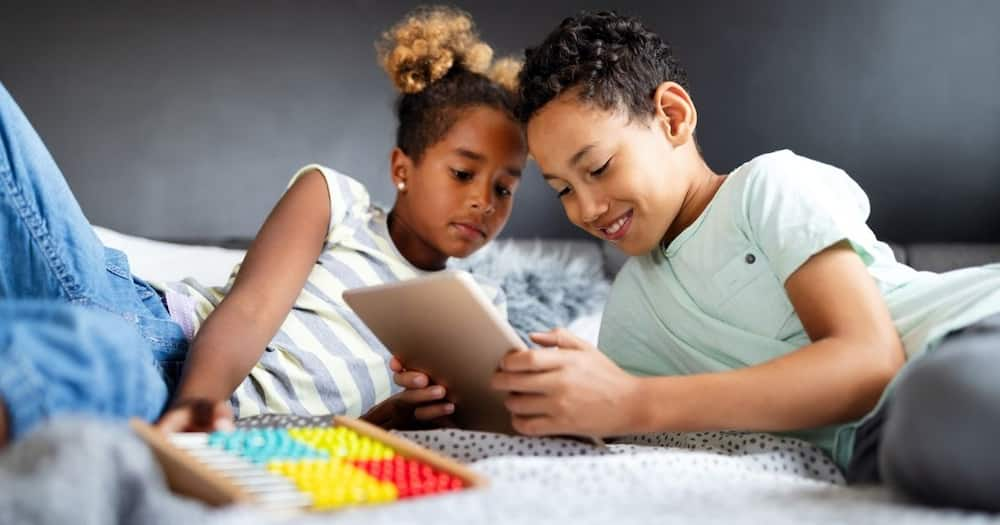POPIA Affects Legalities of Images of Minors, Possible 10 Year Prison Sentence for Disobeying
- The Protection of Personal Information Act (POPIA) prohibits people from distributing pictures of others without their express informed consent
- In cases where the images are of minors under the age of 18 years old, guilty parties could spend up to ten years in prison for the offense
- This has far-reaching implications for schools and parents, as no one may share an image of someone else's child without the relevant guardian's consent
PAY ATTENTION: Click “See First” under the “Following” tab to see Briefly News on your News Feed!
JOHANNESBURG - The Information Regulator of South Africa has announced that the Protection of Personal Information Act (POPIA) prohibits people from distributing pictures of others without their express informed consent.
In cases where the images are of minors under the age of 18 years old, guilty parties could spend up to ten years in prison for the offense. In addition, people who wish to share pictures of minors require consent from their guardians.

Read also
SA has difference of opinion on Gauteng High Court decision to publish matric results in the media
According to SABC News, Professor Leaka Letsoalo, a Supreme Court advocate, informed the public that Section 39 provides a maximum sentence of ten years for POPIA offenses. However, Letsoalo added that these cases could be tried in magistrate's courts.

Source: Getty Images
The implications of POPIA
According to POPIA, an image that can identify an individual constitutes personal information. Therefore, distributing pictures of someone without their consent is illegal to share personal information, Parent24 reports.
Enjoy reading our stories? Download the BRIEFLY NEWS app on Google Play now and stay up-to-date with major South African news!
This has far-reaching implications for schools and parents, as no one may share an image of someone else's child without the relevant guardian's consent. POPIA requires that guardians give schools consent to use pictures of their children on its website, marketing material, and in newspaper reports on school events.

Read also
Covid19 vaccines must not be mandatory says ACDP, cites two cases and new discoveries about menstrual cycle
The European Union has similar laws and saw parents pursue legal action against their child's grandmother after posting photographs of her grandchildren on social media. However, south African legal experts are not yet in agreement over whether or not POPIA will be enforced with the same level of strictness.
SA has difference of opinion on Gauteng High Court decision to publish matric results in the media
in other news about POPIA, Briefly News recently reported that previously the Department of Basic Education (DBE) announced that due to the Protection of Personal Information Act (POPIA) they would no longer publish matric results in newspapers and on media platforms.
This decision was met with backlash from various groups, including Afriforum, who sought legal action against the DBE. The Gauteng High Court granted the interdict, meaning that the DBE is now legally compelled to publish matric results in the media.
According to News24, the National Senior Certificate results will be published on Thursday (20 November). Students can access their results online and at schools, and the public can view results in newspapers and on digital media platforms.
Source: Briefly News
